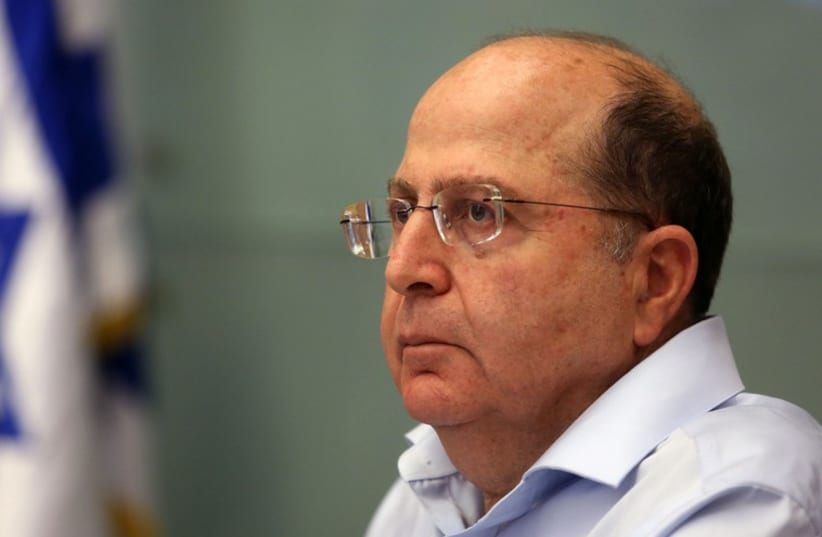"Iran attempted to open a terrorist front in Syria ," said Ya'alon, " and repel rebels forces in the Golan Heights but was driven out - now we are seeing the rebels come back to retake Syria... It is important to the Iranians to defend Damascus and to be close to our border. Overall they did not challenge us."
In reference to the emerging agreement between Tehran and six world powers in Switzerland, Ya'alon said that he believes the motive behind any agreement for Iran is economic: "The economic pressure has brought Khamenei to these negotiations... Iran has an interest in a permanent agreement to relieve the pressure. I do not know how the agreement will end, but I don't believe that there will be a breakdown in the negotiations."
Yaalon reiterated that it is in Israel's best interest not to see any agreement at all. Ya'alon revealed that the gaps between the coalition and the Iranians were stemming from Iranian demands for further development and research for its nuclear program. In addition, the issue of whether if, and how much, they can continue to develop centrifuges and how much of their inventory they will be allowed to hold was also an issue. The minister stressed that according to the International Atomic Energy Agency, Iran has a core military dimension in developing its nuclear capability. "The situation is that Iran could reach a nuclear bomb within a year."Ya'alon discussed the northern front, not denying the Home Front Command's estimate released Tuesday that Hezbollah has tens of thousands of rockets at its disposal and will be able to fire up to a thousand rockets a day during its next conflict with Israel.Despite this estimate, the defense minister said that "Hezbollah does not desire an escalation. In any conflict situation we will be forced to deal with a massive rocket threat."Addressing the southern front, Ya'alon said "our assumption is that Hamas is digging tunnels. We don't see anything that is entering our territory and we are investing technologically to discover if [tunnels] have come out in our territory as they did during Operation Protective Edge."Ya'alon added that it was clear who the active players were in Gaza. "Hamas is not in power, but it is in charge and it is implementing the cease-fire, but at the same time is trying to rearm and is struggling in doing so."The defense minister expalined that amid changes in the area, including the closing off of previously available borders and passages, Hamas is prevented from obtaining quality weapons, which is spurring the organization to manufacture its own low-quality weapons. "They are doing a lot of experiments with different formulas and they are trying to renew their tunneling efforts. We are not closing our eyes."
